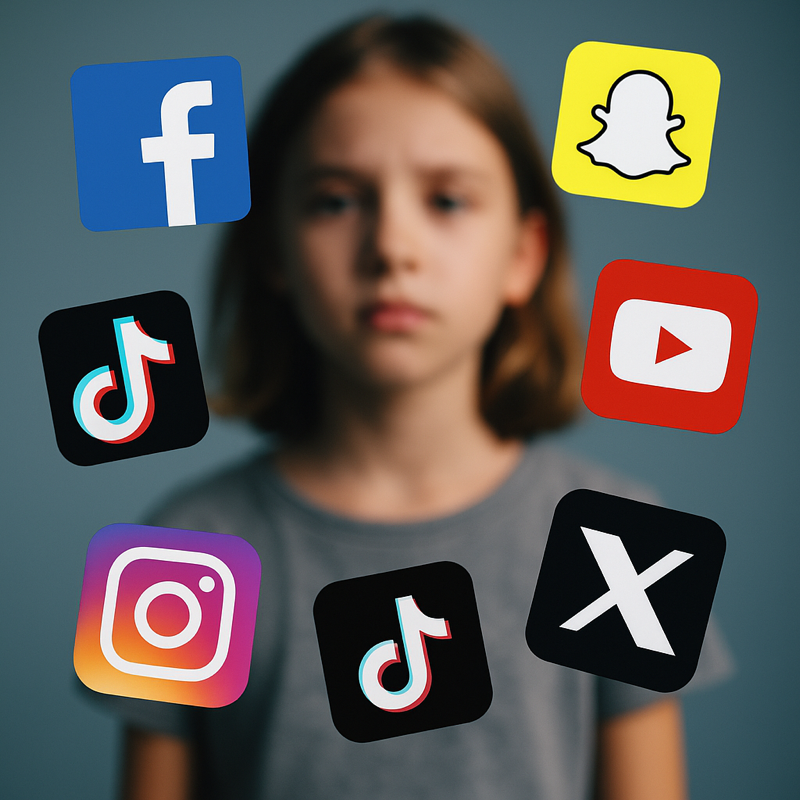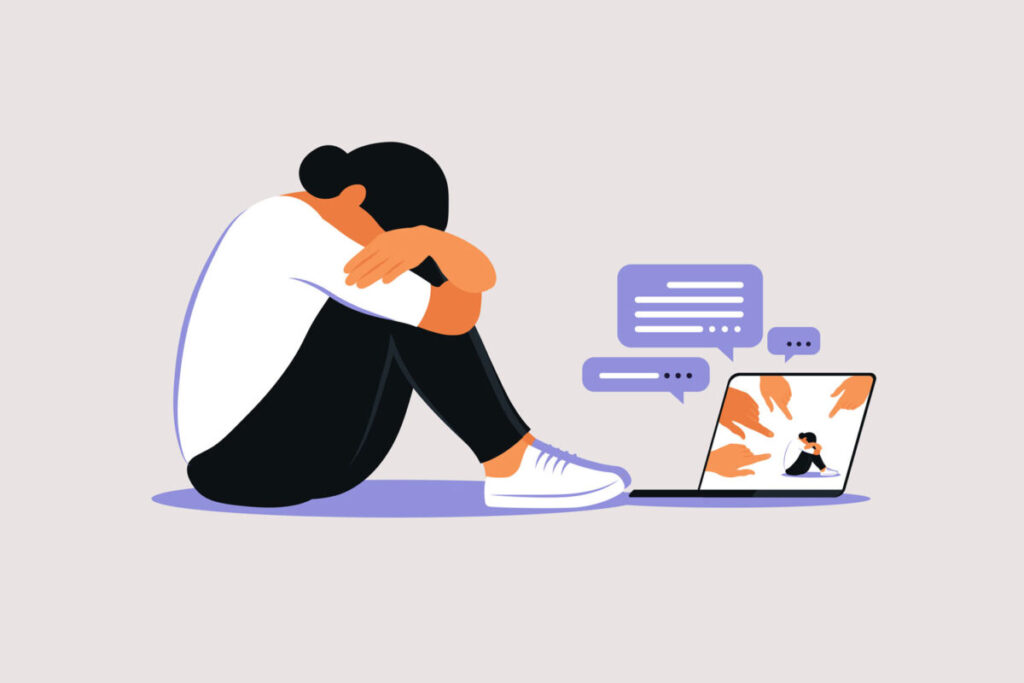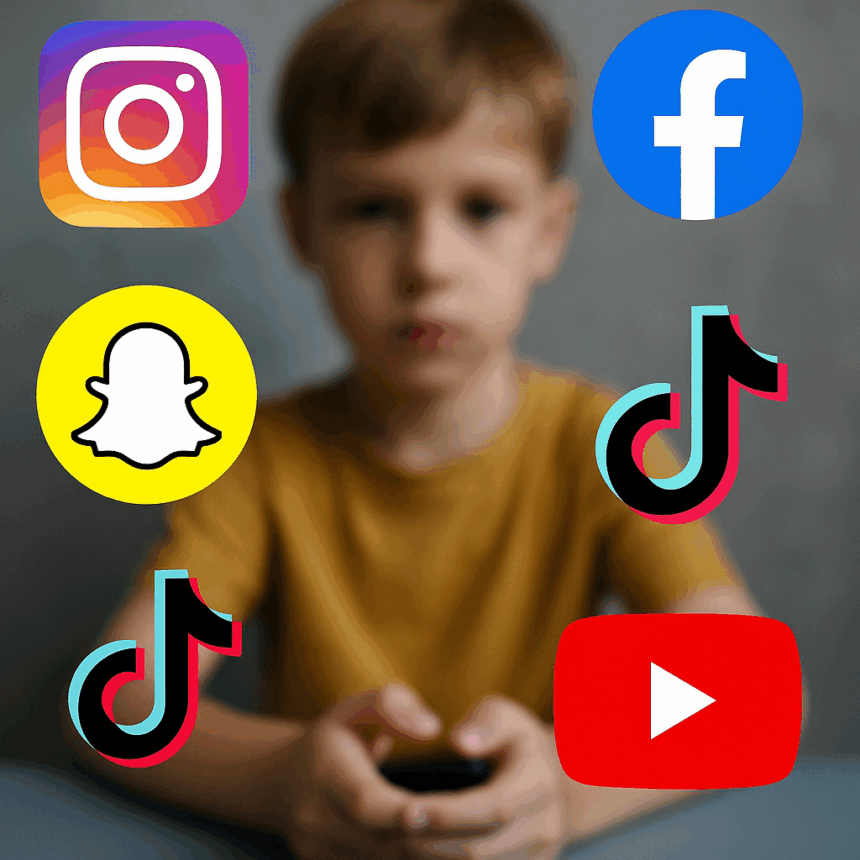New York City launched a noteworthy lawsuit against social media giants as part of a broader youth mental health lawsuit initiative. They accuse them of fueling a youth mental health crisis by designing addictive platforms. These platforms exploit children’s attention for profit. The 327-page complaint, filed in Manhattan federal court, names the parent companies behind Facebook, Instagram, TikTok, Snapchat, Google, and YouTube. It alleges that these platforms manipulate young users with psychologically addictive features. These include endless scrolling, targeted algorithms, and constant notifications.
What’s Happening & Why This Matters
City lawyers argue these tech firms knowingly created environments. These environments contribute significantly to the youth mental health lawsuit trend due to increased depression, anxiety, loneliness, and low self-esteem among children and teens. Simultaneously, they collect and profit from their attention and data.
“Instead of feeding coins into slot machines, kids are feeding platforms with an endless supply of attention, time, and data,” the city said in its filing.
This move places New York City among dozens of U.S. cities, school districts, and state governments engaging in youth mental health lawsuits. They are taking similar legal actions against major tech companies for their roles in shaping what experts call an escalating youth mental health crisis.
The Legal and Moral Stakes
The lawsuit accuses the tech companies of gross negligence and creating a public nuisance. It seeks damages and corporate accountability. The filing outlines how companies systematically prioritised profit over child safety. They deployed recommendation algorithms and design patterns specifically crafted to keep users scrolling longer. They did this while ignoring years of research linking their apps to mental health harm.

According to the city, these corporations “have long been aware of research connecting use of their apps with harm to users’ well-being but chose to ignore or brush it off.”
The case points to product features like the algorithmic “infinite feed”, autoplay video, and constant notifications. These features encourage compulsive checking. The tools, originally framed as user engagement strategies, have now come under scrutiny for their role in shaping addictive behaviours among minors.
City health officials stress that social media is no longer just a cultural force. Instead, it’s a public health concern. Schools have reported a rise in student anxiety and depression. Emergency room visits for self-harm have climbed, and parents increasingly say their children struggle with digital dependency.
The Legal Chorus
New York’s lawsuit joins a growing chorus of legal and policy challenges across the country. States such as California, Arkansas, and Utah have already filed similar complaints, strengthening the youth mental health lawsuit movement. More than 40 school districts nationwide have launched actions accusing tech giants of knowingly endangering children for profit.

The movement isn’t confined to the U.S. either. Earlier this week, Danish Prime Minister Mette Frederiksen proposed banning social media use for children under 15 years old. Her call echoes several European governments’ desires to impose tighter digital safeguards.
This coordinated wave of action signals an international reckoning with Big Tech’s youth engagement practices. Critics describe these practices as manipulative and exploitative. As one public health expert noted, “We are treating social media exposure like sugar — it’s everywhere, addictive, and intentionally designed that way.”
While the companies named in New York’s lawsuit declined to comment, they have previously defended their platforms by claiming to provide parental controls and mental health resources. Critics, however, argue these measures fall short — comparing them to “seatbelts on cars built to crash.”
Big Picture Time
At its core, this youth mental health lawsuit underscores a widening rift between public officials and Silicon Valley over corporate responsibility and child safety. Social platforms have long argued that they offer valuable connections and community. Meanwhile, policymakers increasingly see them as architects of digital addiction.
The outcome of this and similar lawsuits could reshape the way social platforms operate. Changes could affect how algorithms are built and how user data is handled. If courts agree that these companies have contributed to a public health crisis, it could trigger new federal regulations, higher transparency standards, and even stricter age verification laws.
As New York City leads this legal push, it reinforces a global message. The era of unregulated, profit-driven youth engagement online may be ending.
TF Summary: What’s Next
Expect mounting legal pressure on social media companies to reform their design practices, especially when the audience is teens and children. As more cities and nations join the fight, regulation through litigation may emerge as the most effective short-term strategy to hold Big Tech accountable.
MY FORECAST: The outcome of New York’s youth mental health lawsuit may set a precedent regarding how far governments go in forcing transparency and ethical standards into social media design.
— Text-to-Speech (TTS) provided by gspeech


